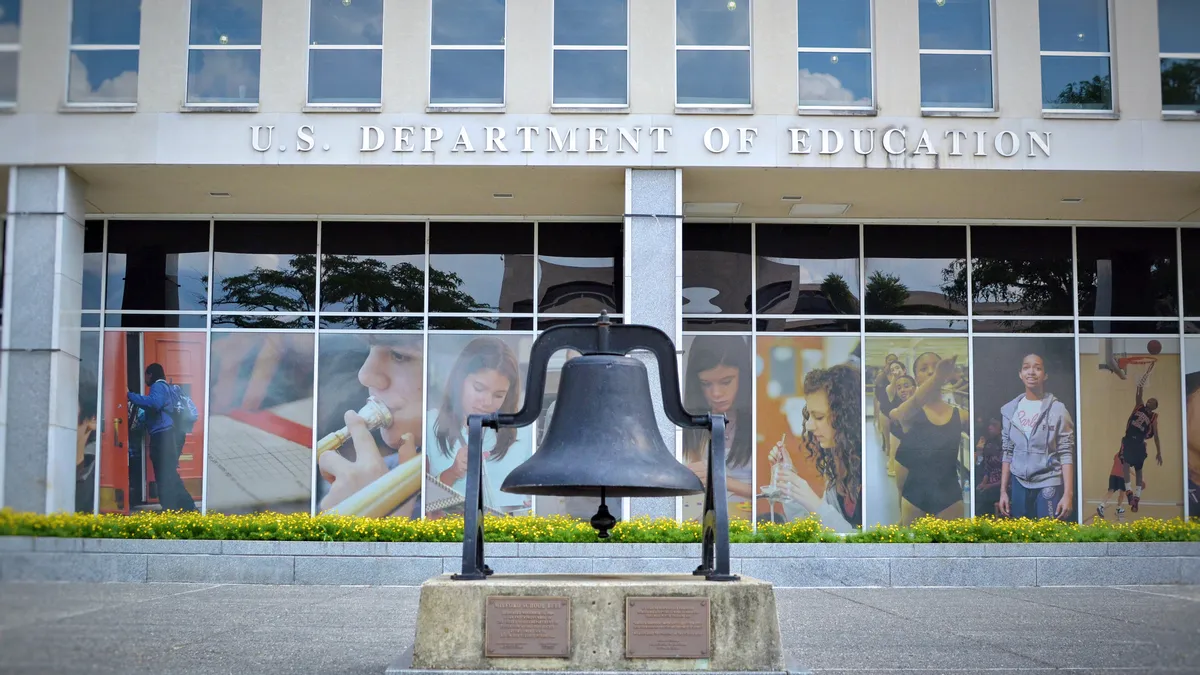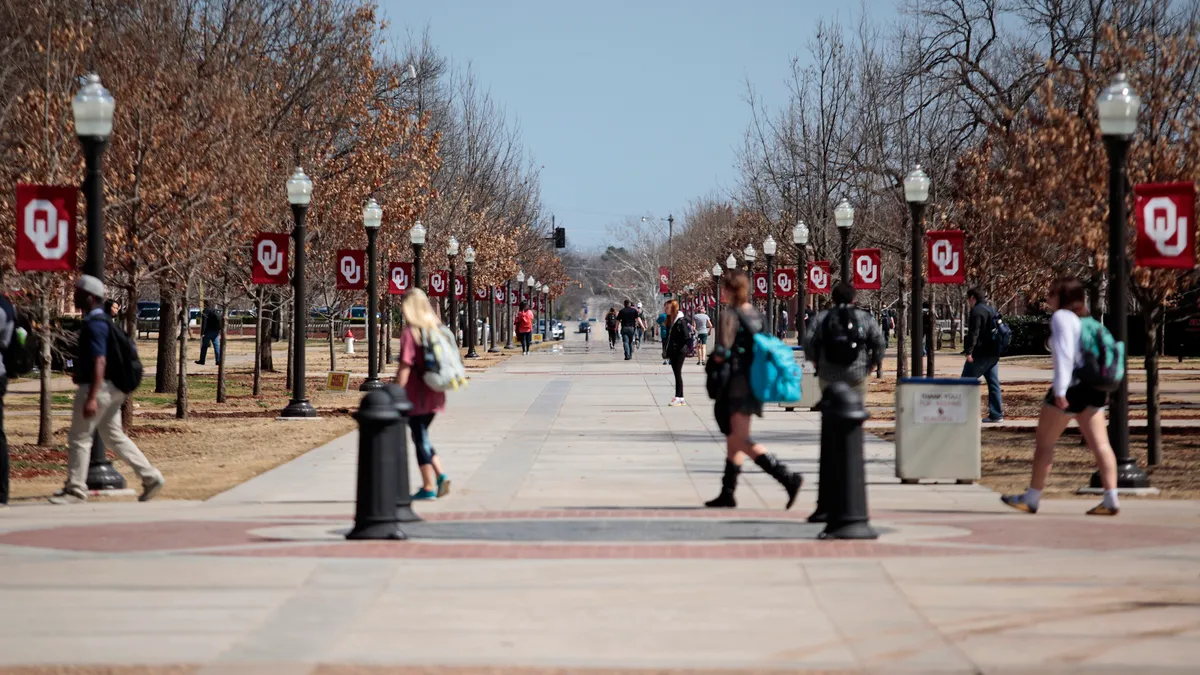Dive Brief:
- U.S. News and World Report this month took 10 colleges off of its influential rankings for 2022, saying they had misreported data.
- The publication issued a statement describing the errors in each of those college’s data submissions. They will be deemed unranked on U.S. News’ best colleges and best graduate schools lists, issued last fall. But the publication is due to release the next iteration of the rankings in September, meaning most of the institutions will likely be delisted for just a couple of months.
- Among those now unranked is Columbia University, which had its delisting highlighted last week in a separate announcement, in which U.S. News said the Ivy League institution in New York did not confirm the accuracy of information it had provided. Columbia is currently reviewing allegations that it misrepresented data it sent to U.S. News and said last month it will not participate in the 2023 rankings as it wraps up its investigation.
Dive Insight:
The removals from the 2022 rankings represent another setback for U.S. News and its powerful lists.
Many admissions professionals already abhor them. They say the rankings play an outsized role in students’ decisions about where to attend college and therefore institutions focus too heavily on boosting their list placement, to the detriment of their missions.
Recently, a former Temple University business school dean was sentenced to 14 months in prison and fined $250,000 for falsifying data submitted to U.S. News. And the University of Southern California fell out of the magazine’s graduate school rankings for its Rossier School of Education, which similarly provided incorrect information.
U.S. News removed six schools from its Best Colleges ranking, including Columbia. The other five and the publication's justifications for the removals are as follows:
- Northland College, a private nonprofit institution in Wisconsin, inaccurately reported that the average federal loan debt of its 2020 graduates was $22,615. The average debt is $31,143.
- Western Illinois University, a public institution, initially said 55% of its 2020 graduates had federal debt upon leaving school — but in fact 88% of that class had debt.
- Villanova University, a private nonprofit institution in Pennsylvania, originally reported its average 2021 need-based grant was $51,739. The correct amount is $40,323.
- State University of New York at Morrisville, a public college, first reported its six-year graduation rate for the 2014 cohort at 48% and its Pell Grant graduation rate for the same cohort at 39%. The correct figures are an overall graduation rate of 38% and Pell grant graduation rate of 29%.
- Whitman College, a private nonprofit liberal arts institution in Washington state, previously said the average federal debt of its 2020 graduates was $4,854 and 25% of those graduates had debt. After the college revised those numbers, the average debt of 2020 graduates was $17,298 and 37% of them held debt.
The publication also kicked four colleges off of its graduate school rankings for 2022. Here is what U.S. News said about them:
- The medical school of East Tennessee State University, a public college, at first reported the three-year average of graduates entering primary care specialties for 2018 through 2020 was 45%. The correct number is 38.9%
- The medical school of the University of Virginia, another public institution, said that the three-year average in the same years of graduates pursuing primary care specialties was 59%. The correct figure is 38%.
- University of Colorado Anschutz Medical Campus, a public institution, incorrectly submitted data about two online programs that was supposed to be left out.
- The nursing school of Alverno College, a private nonprofit women’s institution in Wisconsin, originally reported the number of 2020 graduates from its master of science in nursing was 188. The correct figure is 48.
U.S. News said in a statement that it ranks more than 11,500 schools and programs and that less than 0.1% of institutions each year typically flag misreported data.
"In these rare cases, the misreporting by these schools resulted in their numerical ranks being higher than they otherwise would have been if the correct data had been used originally," the statement said. "Because of the discrepancies, U.S. News moved the schools to the ‘unranked’ category, meaning they do not receive numerical ranks.”









